By Mustafa Biodun
The global rating agency, Moody’s Investors recently upgraded Nigeria’s Issuer ratings from ‘Caa1 to B3.’ Moody’s hinged its decision on significant improvements in Nigeria’s external and fiscal positions. The agency said the recent overhaul of Nigeria’s foreign exchange management framework has markedly improved the balance of payments and bolstered the Nigeria’s foreign exchange reserves. Moody’s cited forex reforms instituted by the Central Bank of Nigeria (CBN) as crucial in the current macroeconomic stability and push to tame inflation.
Several feedbacks from global rating agencies about Nigeria’s economic status point to steady improvement in the country’s macroeconomic indexes.
For instance, Moody’s recently upgraded Nigeria’s Issuer ratings from ‘Caa1 to B3,’ with a stable outlook, citing significant improvements in Nigeria’s external and fiscal positions. The new rating for the country also signals growing optimism about the Nigeria’s economic outlook.
The agency also revised Nigeria’s outlook to “stable” from “positive”, as it expects recent progress on external and fiscal fronts to continue, though at a slower pace, if oil prices fall.
The rating agency, in a statement, explained that, “The recent overhaul of Nigeria’s foreign exchange management framework has markedly improved the balance of payments and bolstered the Central Bank of Nigeria’s foreign exchange reserves.”
According to Moody’s, inflationary risks in Nigeria, driven by policy shifts, have diminished. Inflation and domestic borrowing costs are showing nascent signs of easing, bolstering confidence in the stability of these policy changes, it added.
“The stable outlook reflects our expectations that external and fiscal improvements will decelerate but will not reverse entirely,” Moody’s added.
Before the Moody’s report on Nigeria, another rating agency, Fitch Ratings raised Nigeria’s credit rating from ‘B-’ to ‘B’, with a stable outlook.
The positive Fitch Ratings on Nigeria economy did not come as a surprise to stakeholders who have been keenly watching key economic policies from the monetary and fiscal authorities.
From exchange rate unification to reduce arbitrage in the markets, introduction of electronic FX matching platform and a new FX code to enhance transparency and efficiency in the market as well as deployment of monetary policy tightening to keep inflation on check, the CBN has demonstrated commitment to achieving sustainable economy growth and exchange rate stability.
Already, the latest Fitch rating moved Nigeria’s long-term foreign-currency issuer default rating (IDR) from negative to stable, meaning that the country stands a better chance of attracting foreign investment, borrow money on international markets at better interest rates, and boost investor confidence.
Fitch also applauded government’s commitment to policy reforms implemented since its move to orthodox economic policies in June 2023, including exchange rate liberalisation, monetary policy tightening, and steps to end deficit monetisation as well as fuel subsidies removal.
“These have improved policy coherence and credibility and reduced economic distortions and near-term risks to macroeconomic stability, enhancing resilience in the context of persistent domestic challenges and heightened external risks,” the agency stated.
In his response, President Bola Tinubu described Moody’s Investors Service’s upgrade of Nigeria’s long-term foreign-currency issuer rating as a welcome development. The President described it as a significant vote of confidence in the country’s economic direction and ongoing reform agenda’.
He reaffirmed his administration’s commitment to maintaining prudent economic management while promoting inclusive growth.
“This upgrade signals to global investors and partners that Nigeria is back on a path of responsibility, reform, and renewed credibility. It underscores our unwavering commitment to transparency, discipline, and prosperity for all Nigerians,” he said.
“This positive rating reinforces global confidence in Nigeria’s future and represents a milestone in the administration’s goal of restoring investor trust, unlocking economic potential, and securing long-term prosperity.
“The upgrade reflects growing international recognition of Nigeria’s progress in stabilising its macroeconomic environment, enhancing fiscal transparency, improving debt sustainability, and implementing market-oriented reforms under President Tinubu’s leadership.”
An analyst, Dr. Wahab Balogun, Managing Director and Chief Executive Officer of Ambosit Capital Managers said that a better credit rating provides a foundation for Nigeria to re-engage international capital markets under more favourable terms, potentially reducing debt service costs and freeing up fiscal space for development spending.
“With the stable outlook assigned by Moody’s, Nigeria is not expected to face an imminent downgrade or upgrade. This indicates that the reforms currently in place are perceived as credible, with no immediate risks that could undermine the rating. It also reinforces the view that the government’s policy direction is yielding early positive results, though sustained implementation will be necessary to achieve long-term benefits” he said.
He added that “the dual upgrades by Fitch and Moody’s have been received in financial and investment circles as indicators of Nigeria’s return to a path of responsible economic management, capable of restoring the country’s standing in global finance.”
As Nigeria seeks to attract more private capital—both domestic and international—to power its development priorities, the improved ratings could become a useful lever in supporting long-term plans for economic diversification, infrastructure development, and inclusive growth.
Policies supporting positive ratings
The CBN recently took strategic step to enhance transparency and boost market confidence with the inauguration of the Nigeria Foreign Exchange Code (FX Code) in Abuja. The FX Code has so far ignited naira stability at both official and parallel markets. CBN governor, Olayemi Cardoso, recently launched the FX Code, emphasising integrity, fairness, transparency, and efficiency as critical pillars for driving Nigeria’s economic growth and stability.
He emphasised that the FX Code was built on six core principles: ethics, governance, execution, information sharing, risk management and compliance, as well as confirmation and settlement processes.
These principles, he explained, aligned with international standards while addressing the unique challenges within Nigeria’s foreign exchange market.
According to Cardoso, “The FX Code represents a decisive step forward, setting clear and enforceable standards for ethical conduct, transparency, and good governance in our foreign exchange market. The era of opaque practices is over. The FX Code marks a new era of compliance and accountability. Under the CBN Act 2007 and BOFIA Act 2020, violations will be met with penalties and administrative actions.”
The CBN has stated that while every effort has been made to ensure that the FX Code comprehensively addresses various aspects of market conduct and practice, it is not intended to be exhaustive.
Cardoso also noted that the journey towards market reform is already yielding results. He stated, “The year 2024 was marked by structural reforms that sought to return the naira to a freely determined market price and ease volatility as several distortions were removed from the market.”
Beyond the foreign exchange market, the FX Code forms part of the CBN’s renewed focus on compliance across the financial sector. Its six guiding principles, alongside 52 sub-principles, were designed to become the benchmark for conduct across all participating institutions.
Issued as a guideline for the foreign exchange market, the FX Code is backed by the authority of the CBN Act of 2007 and the Banks and Other Financial Institutions Act (BOFIA) of 2020.
These legislative instruments empower the CBN to establish and enforce directives regarding the standards financial institutions must follow in conducting foreign exchange business in Nigeria.
The FX Code, therefore, serves as an official directive that all market participants are expected to observe in their operations.
Besides FX Code, the apex bank also introduced the Electronic Foreign Exchange Matching System (EFEMS), which has proven effective in other economies in enhancing the functionality of the foreign exchange market.
The EFEMS was meant to check forex market distortions, eliminate speculative activities and instill transparency. The EFEMS, which is commonplace in developed and developing markets offers real-time information on currency rates, trading volumes, and market activity.
Other highlights of the ratings upgrade
Fitch expects the macroeconomic policy stance to support the move to lower inflation and sustain improvements in the foreign exchange (FX) market’s operation, though it will likely remain much higher than rating peers.
It also expects “a continued reduction in external vulnerabilities through further easing of domestic FC supply constraints, while renewed energy sector reforms should help sustain current account surpluses.”
It added: “Greater formalisation of FX activity including CBN’s recent introduction of an electronic FX matching platform and a new FX code to enhance transparency and efficiency, along with monetary policy tightening, has led to a greater rise in FX liquidity and general stability in the FX market after a 40 per cent depreciation in 2024, closing the spread between the official and parallel exchange rates.
“Net official FX inflows through the CBN and autonomous sources rose by about 89 per cent in 4Q24, compared to an 8 per cent rise in 4Q23. We expect continued formalisation of FX activity to support the exchange rate, although we anticipate modest depreciation in the short term.
“The CBN has tightened monetary conditions through a combination of policy rate hikes to 27.5 per cent (up 875bp since February 2024) and use of prudential and operational tools such as open market operations (at rates closely aligned to the MPR) to strengthen monetary policy transmission after years of financial repression.”
Reacting to the Fitch rating, Oladele Adeoye, Chief Rating Officer at DataPro, a Nigerian credit rating agency, said it was a positive development “in all ways.”
Adeoye said it would boost investors’ confidence in Nigeria’s Eurobond as people would readily subscribe whenever it is issued.
“Good rating also implies lower cost of fund. Of course, there will be inflow of foreign currency into the economy and this will give further room for the CBN to support the local currency and strengthen exchange rate,” he said.
On how the government can improve on this, Adeoye said: “Nigeria must increase productivity that can boost export and lower import. This will enhance the external reserve and improve public finance.
“We need to continue to improve our revenue base, and this includes both oil and non-oil revenue.”
Registrar/Chief Executive Officer, Nigeria Institute of Credit Administration (NICA) Chartered, Prof. Chris Onalo, said the Fitch rating “means a lot.”
He said he could not agree more with the agency’s rating. “It is solid, it is stable, it is progressing, and it has a future outlook,” Onalo said.
On further steps government can take on the economy, he said: “The government should focus on expanding the economy via all-inclusive economic activities. Government should fix the infrastructural problem, because that will stimulate future ratings.
“It should also reduce the cost of doing business drastically. And then fix electricity and clamp down on the local insecurity, like the insurgency is becoming a thing of the past now, but pocket pickers, people that break into offices, and you can arrest that by creating avenues for job, wider job availability for people that are regarded as forgotten miscreants.”
Other analysts described the Fitch rating as ‘a significant step forward in restoring investor confidence and economic stability.”
According to them, the development means an improvement in Nigeria’s creditworthiness, which could open up new opportunities for the country across several sectors.
“A ‘B’ rating from Fitch is a step up, which is generally a positive sign. It means Fitch believes Nigeria’s creditworthiness has improved,” Dr. Balogun said.
He explained that the upgrade could enhance Nigeria’s attractiveness to international investors.
“A better credit rating makes Nigeria a more attractive place for investors. This could lead to increased foreign investment in various sectors,” he noted.
One of the major implications of the improved rating is that Nigeria may now be able to borrow at lower interest rates.



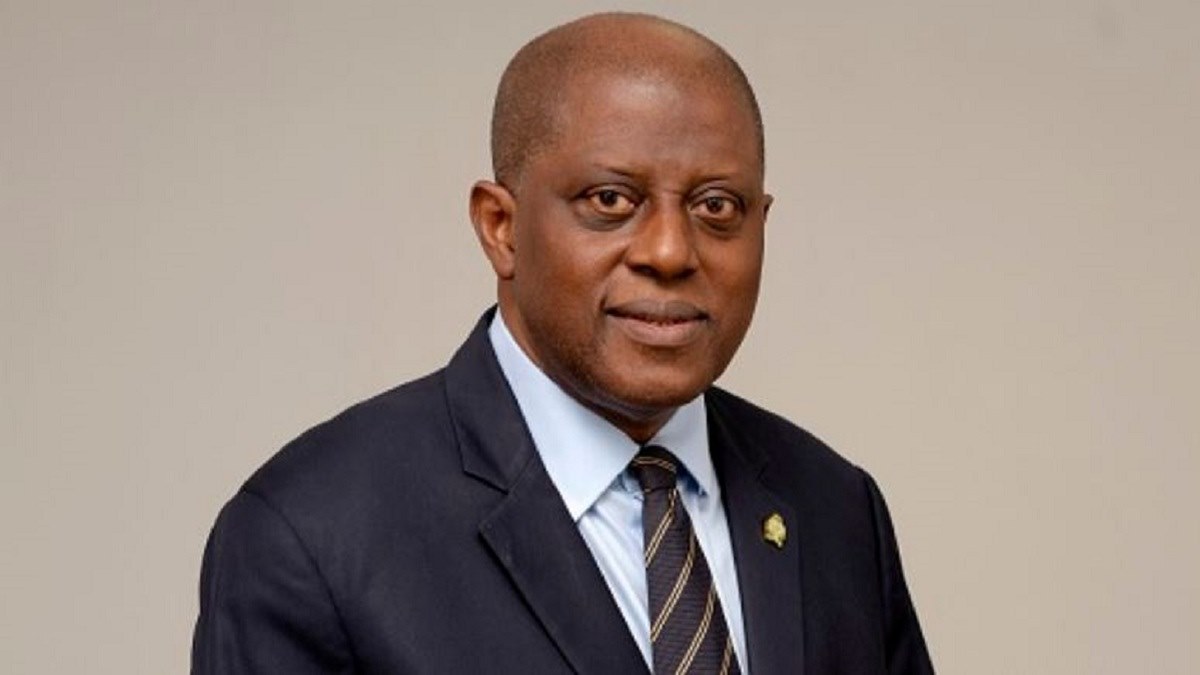


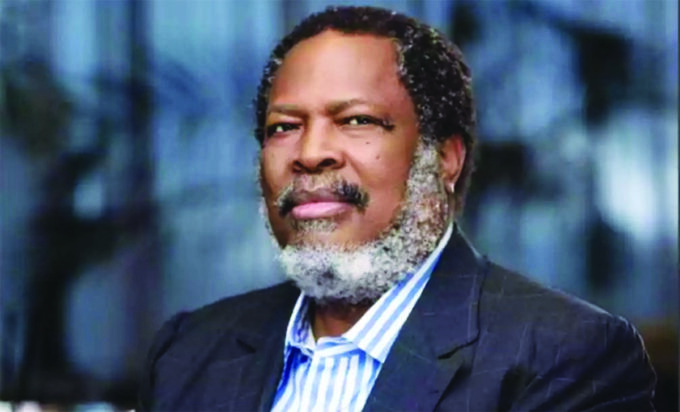
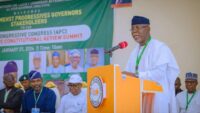
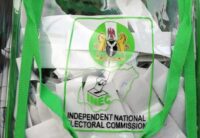
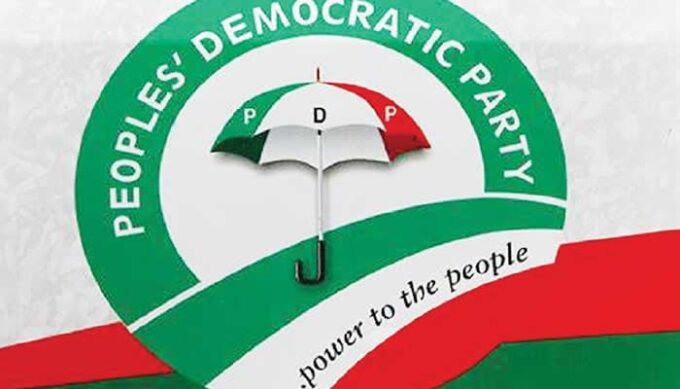








Leave a comment